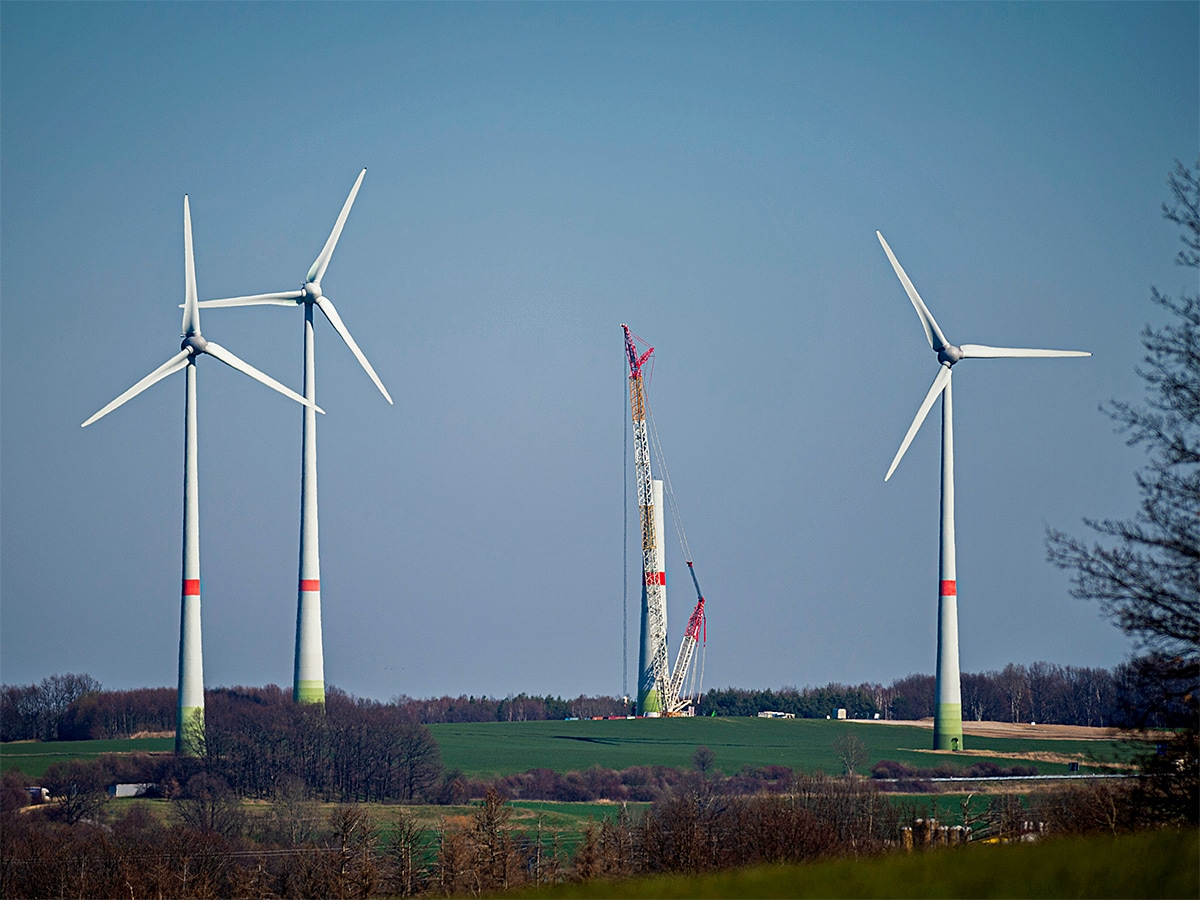Catherine Wood’s ARK Innovation ETF [ARKK] hasn’t had a great 2021 so far.
The fund’s price has fallen 17.42% in the year-to-date to $102.97 at 19 May’s close, representing a 35.5% drop from its all-time high of $159.70 and just a 5.9% increase from its year-low of $97.22.
The ARK Innovation ETF has a year-to-date return of 17.04% on 19 May, according to Yahoo Finance. The fund had seen record outflows in recent weeks as its top holding, Tesla [TSLA], took a pummelling.
17.42%
YTD price fall of the Ark Innovation ETF
Despite this, Wood remains an ardent supporter of Tesla, EVs and disruptive technology in general. In an interview with CNBC earlier in May, discussing the recent correction and selloff in technology stocks, she said: “I love this setup… The worst thing that could have happened to us is to have the market narrowly focus on just our ilk of stock — the innovation space.”
Sustainability play
Of course, the ARK Innovation ETF focuses largely on growth companies that should deliver exponential returns over the next 5 to 10 years. More than that, though, Ark’s ETFs are looking to become a sustainability play.
A research report published in March and authored by Ark Invest’s director of research Brett Winton, argued that innovation is key to helping achieve the United Nations’ Sustainable Development Goals by 2030. Broadly speaking, these goals promote economic and health parity, affordable and clean energy, smart infrastructure and responsible production and consumption.
“Already, EVs are superior to gas-powered cars as measured by performance, maintenance, safety, and operating costs. Given lower EV sticker prices, we believe only consumers with specialised needs or preferences will choose gas-powered vehicles” - Ark Invest’s director of research Brett Winton
But where does Tesla fit into this? Winton says that, as technology advances, the cost of lithium-ion batteries will fall. As a result, the sticker price of EVs with 350 miles in range will end up being lower than the average petrol-powered car.
“Already, EVs are superior to gas-powered cars as measured by performance, maintenance, safety, and operating costs,” he wrote. “Given lower EV sticker prices, we believe only consumers with specialised needs or preferences will choose gas-powered vehicles.”
Innovation key to a sustainable future
Another theme Winton highlighted as a potential area of interest for growth and innovation was sequencing and genomics. He expects sequencing and genomics to be vital in detecting cancer early and making the disease more manageable.
The report identified liquid biopsies (blood-based cancer testing) as the key to transforming cancer detection. A liquid biopsy would have cost the US health system $30,000 in 2015, but Ark Invest believes that, thanks to advances in sequencing, machine learning and synthetic biology, the cost has been drastically slashed to around $1,500. This makes blood-based cancer testing more accessible and available to more people.
Despite Winton’s case for the investment theme, the firm’s ARK Genomic Revolution ETF [ARKG] has struggled so far in 2021. The fund was down 17.90% in the year-to-date at $76.47 on 19 May.
Beyond health, sequencing technologies can play a role in responsible food production. Plant breeding could be used to enhance the quality of crops, increasing crop yield and improving food security and the livelihoods of farmers. Gene-edited aquaculture could also relieve the pressure on wild fish stock, the report points out.
“ARK’s research suggests the potential impact of innovation on the [United Nations’ Sustainable Development Goals] is quantifiable and, in some cases, profound” - Brett Winton
What’s clear from the white paper is that investing in innovation is investing in a sustainable future. Ark Invest believes “environmental action will begin to meaningfully change the world’s sustainability trajectory,” whether that’s through lithium-ion batteries or gene-edited aquaculture.
“ARK’s research suggests the potential impact of innovation on the [United Nations’ Sustainable Development Goals] is quantifiable and, in some cases, profound,” Winton wrote. He added that advances in technology will likely help “bend the curve for each of the [goals], increasing the probability of many successes by 2030.”
Disclaimer Past performance is not a reliable indicator of future results.
CMC Markets is an execution-only service provider. The material (whether or not it states any opinions) is for general information purposes only, and does not take into account your personal circumstances or objectives. Nothing in this material is (or should be considered to be) financial, investment or other advice on which reliance should be placed. No opinion given in the material constitutes a recommendation by CMC Markets or the author that any particular investment, security, transaction or investment strategy is suitable for any specific person.
The material has not been prepared in accordance with legal requirements designed to promote the independence of investment research. Although we are not specifically prevented from dealing before providing this material, we do not seek to take advantage of the material prior to its dissemination.
CMC Markets does not endorse or offer opinion on the trading strategies used by the author. Their trading strategies do not guarantee any return and CMC Markets shall not be held responsible for any loss that you may incur, either directly or indirectly, arising from any investment based on any information contained herein.
*Tax treatment depends on individual circumstances and can change or may differ in a jurisdiction other than the UK.
Continue reading for FREE
- Includes free newsletter updates, unsubscribe anytime. Privacy policy





